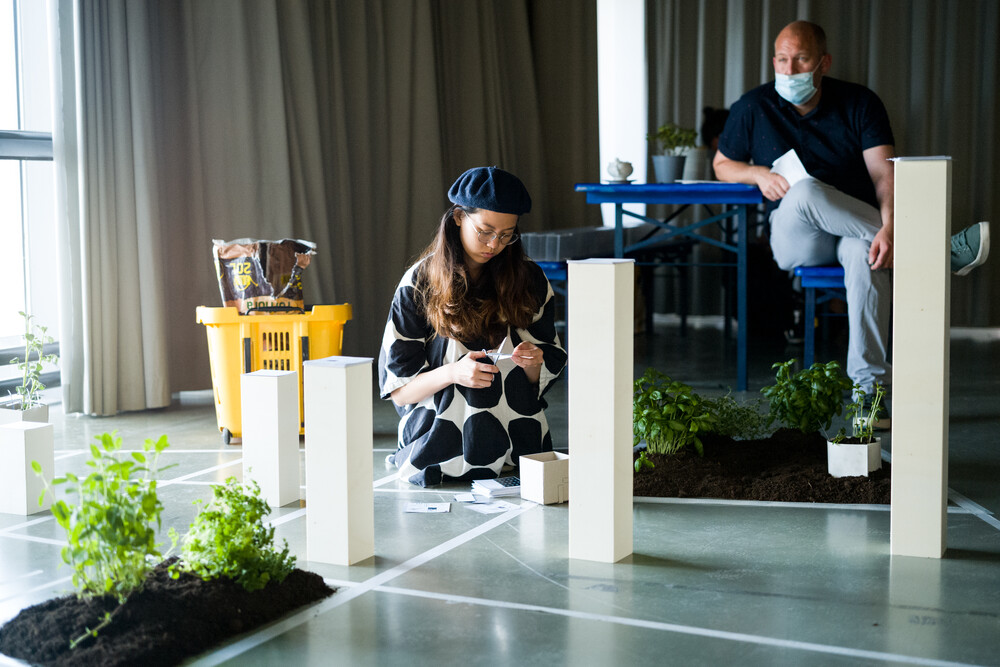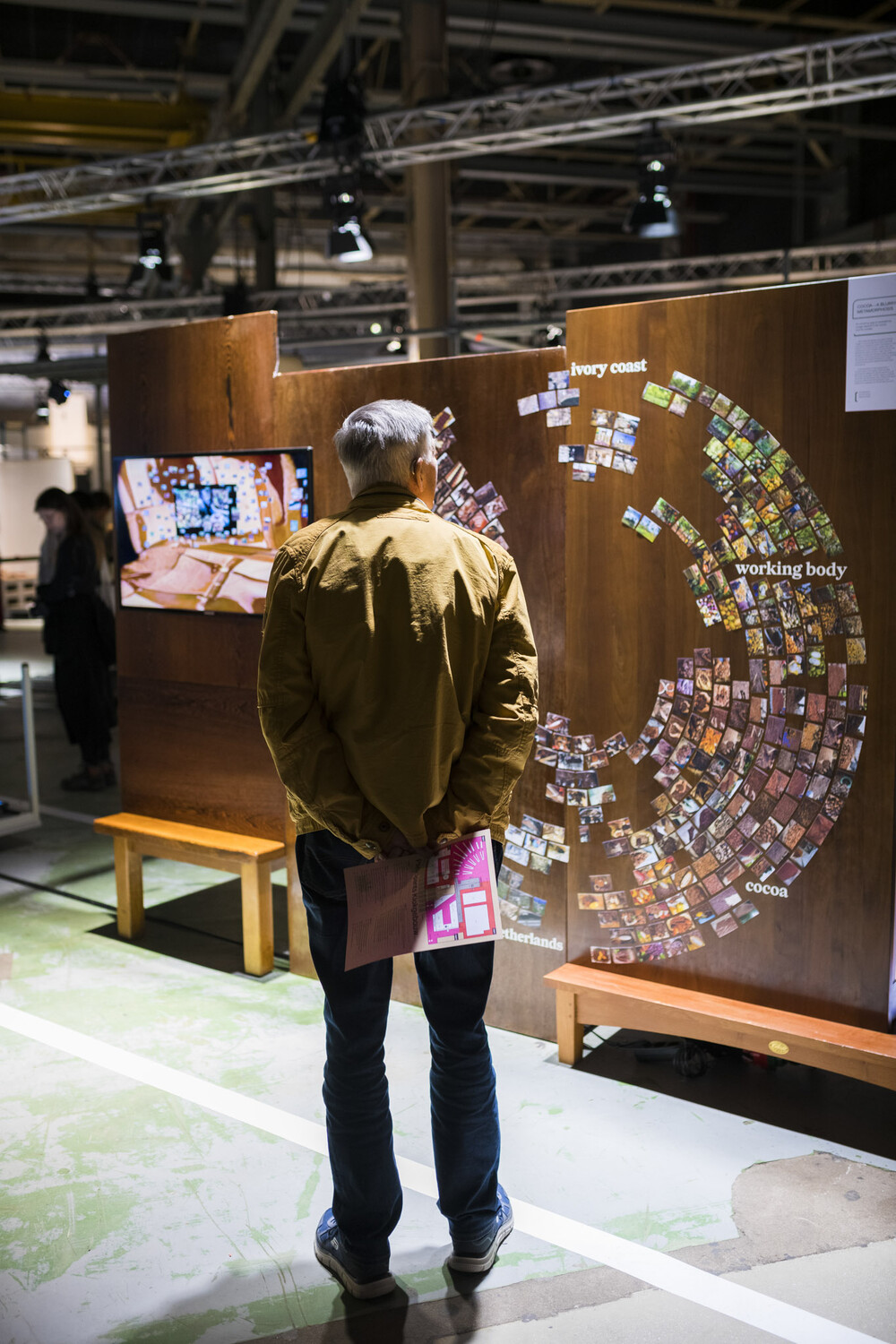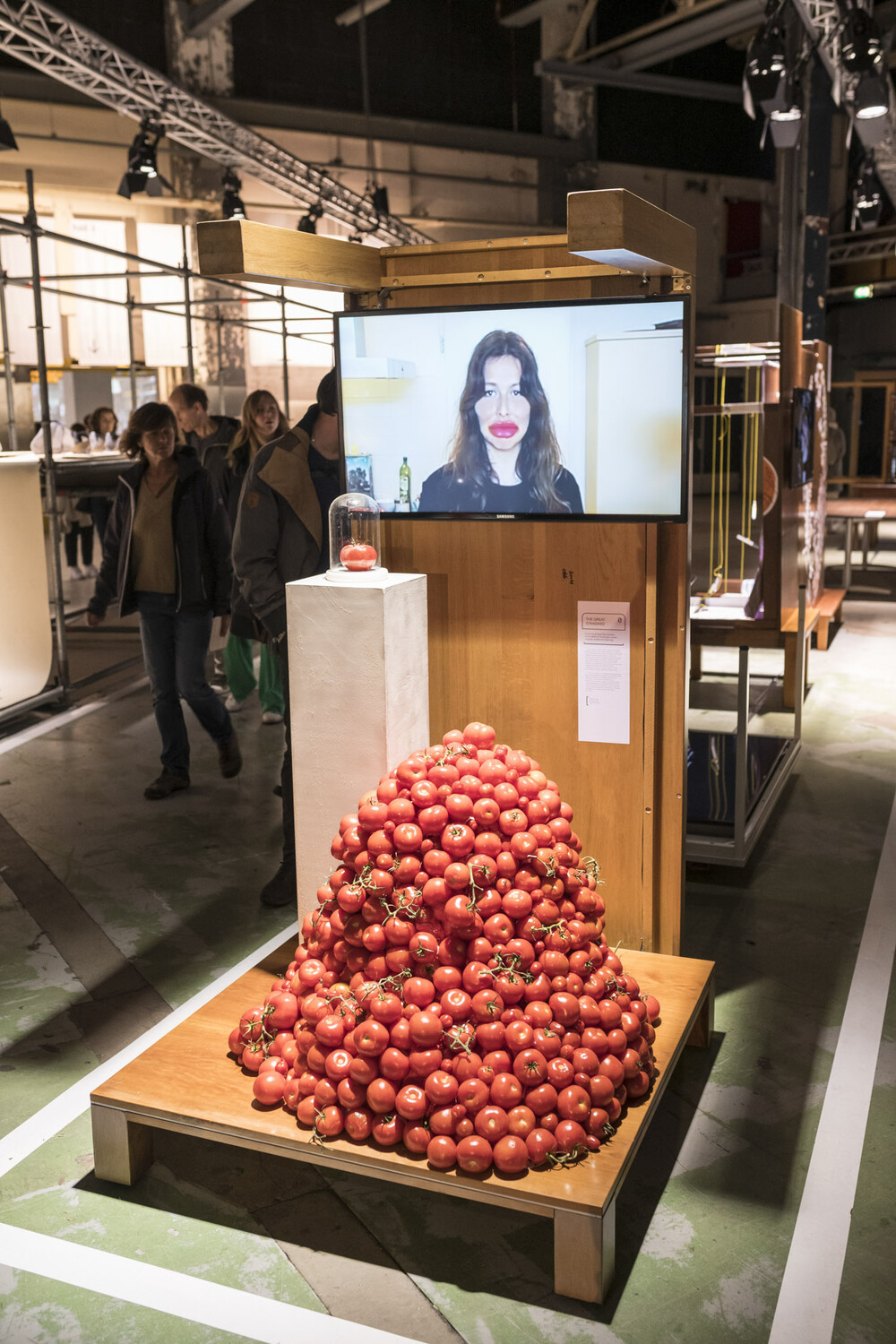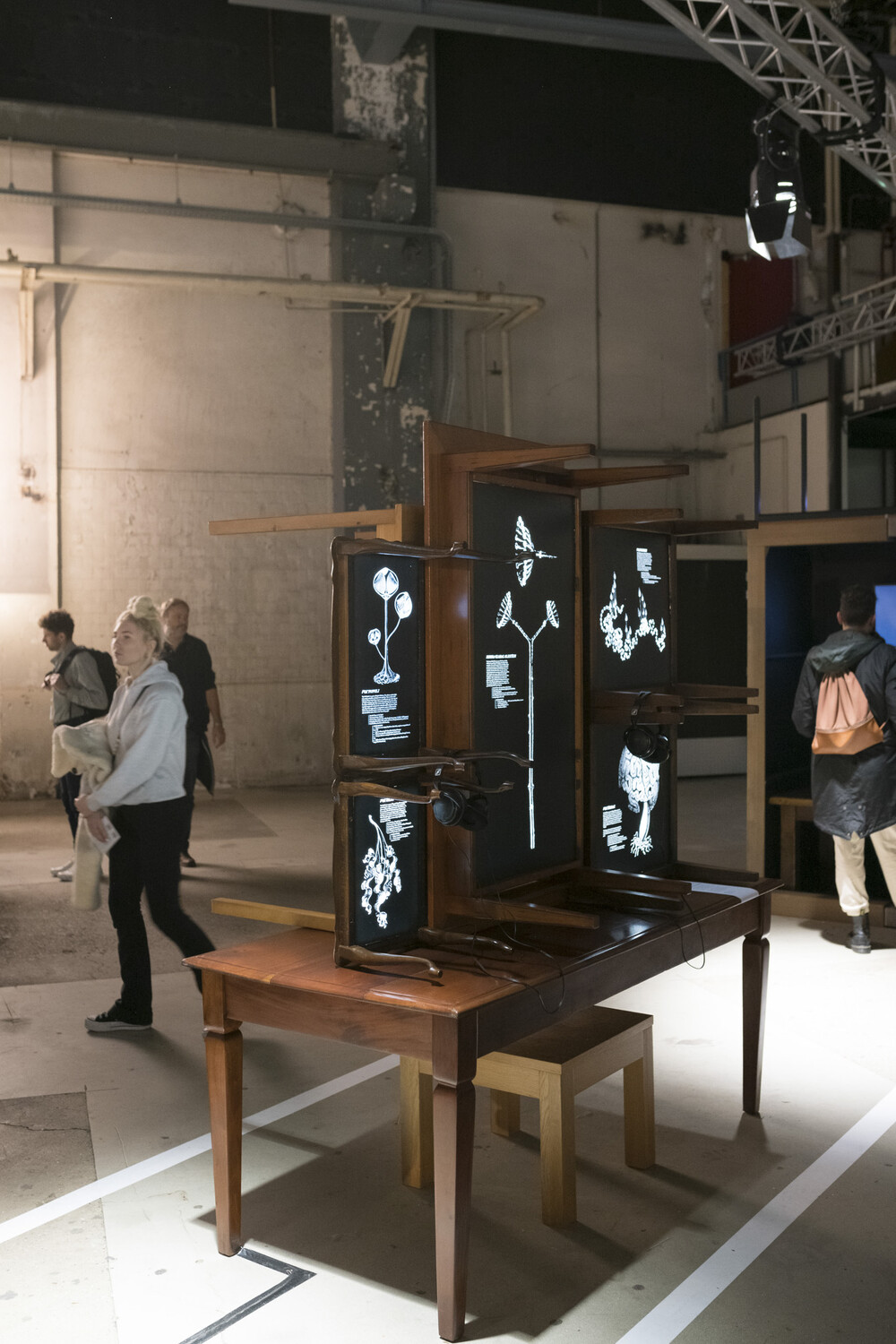
Redesigning the world's broken food systems
In 2020, DAE embarked on a remarkable new collaborative project, searching for solutions to the many problems within our global food systems – an increasingly tangled knot of production, distribution and consumption.
Bringing together a group of 110 MA students to work with clients including the Netherlands Food Partnership, MANN, and Nethwork, the Zero Hunger project worked towards a presentation for the 2021 UN World Food Systems Summit.
The UN uses the term ‘food system’ to describe the activities involved in producing, processing, transporting and consuming food. ‘Food systems touch every aspect of human existence,’ it says, ‘But too many of the world’s food systems are fragile, unexamined and vulnerable to collapse… When our food systems fail, the resulting disorder threatens our education, health and economy, as well as human rights, peace and security.’
Although rates of hunger have been radically reduced in some parts of the world thanks to science and modern agricultural techniques, they are rising in others. Other forms of malnutrition have also become more significant, such as obesity. Access to healthy food is often limited by economic means. There is a growing reliance on food support systems in developed countries, while other regions experience food deserts.
Current food production systems are scattered and incoherent. In the search for an alternative future, society seems increasingly ideologically split between believers in low-tech, holistic permaculturists and those who favour high-tech hyper-efficient controlled artificial environments.
The Netherlands Food Partnership, MANN and Nethwork challenged DAE’s first-year MA students to find creative approaches to breaking down the complexity of the world’s current food production and distribution systems and explore ways to inform and speed up international negotiations, influencing politics and social change.
The diverse, international group of students brought a wide variety of perspectives and knowledge of diverse local realities from different countries and continents. Drawn from all of DAE’s MA programmes, they also represented different positions within the school's design practices, guaranteeing a transdisciplinary approach with artistic research at its core.
A selection of the design projects will be presented at the pre-summit of the UN Food Systems Summit in July and will be further developed into interventions for the summit itself, World Food Day, Dutch Design Week and other events.
Zero Hunger, Zero Power
Zero Hunger, Zero Power was an exhibition of work by current Master students at the Klokgebouw during Dutch Design Week 2021.
It is not for a lack of global food production that people go hungry every day. Historical and contemporary geopolitical and economic factors result in manufactured surpluses and scarcities. Rather than rushing to sustain this system by designing ways to farm or produce even more food that doesn’t reach hungry people, what if design analyses the Sustainable Development Goal of Zero Hunger as a question of power and access? How can design practices using image analysis, data science, investigative reporting, speculative fictioning, social media, archiving and eating invite a different understanding and negotiation of complex systems?
The 11 design research projects presented in the exhibition were selected from the projects developed by Design Academy Master in collaboration with the Netherlands Food Partnership and MANN Design.
The publication with all projects you can find here.


